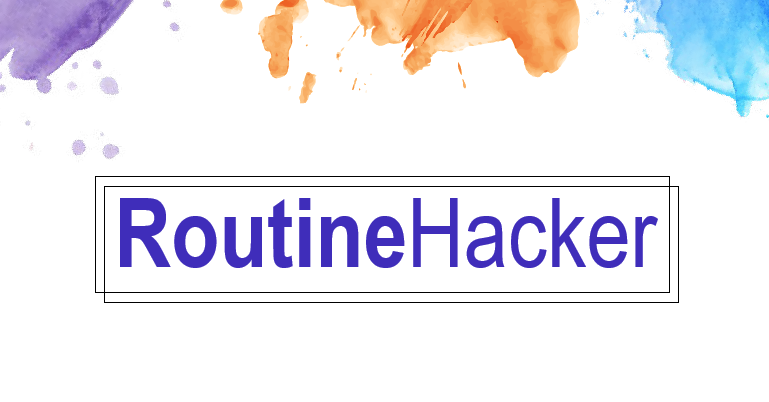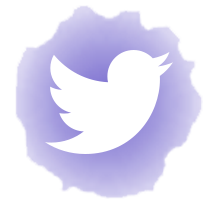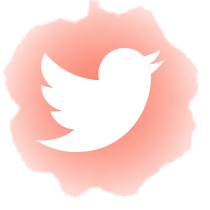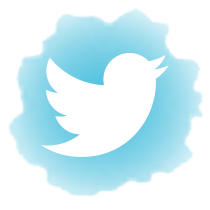
Wellness Tip:
Avoid These Bad Brain Habits
We all want a healthy body, but what about a healthy brain? 🧠 According to Harvard Health, there are four main habits to avoid if you want optimal brain function:
- Sitting too much. Take a movement break after every 15-30 mins of sitting.
- Lack of socializing. Less is more: aim for meaningful and mentally stimulating interactions.
- Not sleeping enough. Get to bed earlier whenever you can!
- Chronic stress. Find ways to relieve stress e.g. breathwork, meditation, or time outdoors.
Time to check in with yourself. How are you doing in those four areas?
Productivity Tip:
Set Healthy Boundaries At Work
Setting boundaries for yourself while working improves productivity and protects your well-being, allowing you to prioritize what really matters.
It’s not always easy, though! Here are some questions to ask yourself:
- What are my values? What’s non-negotiable for me?
- How am I communicating my boundaries? How could I do it more clearly? (E.g. Out-of-office messages, setting status to “busy”, closed doors, etc.)
- Do I protect my focused time by turning off notifications?
- Do I say no to meetings or tasks that are outside my scope? What do I take on that I should be saying no to?
- Do I stick to my work hours even when working from home?
This can help you assess where you are and how to improve. Check out these tips for more.
Routine Breakdown
Dario Bucceri, Founder of Manna Consulting

When diagnosed with Parkinson’s in 2019, Dario made major life changes to run his business from home and focus more on health and work-life balance. Here’s his routine.
- Rises at 4:30 am daily, including weekends.
- Goes through the same steps on autopilot so he can think about his day: washes and dresses, opens the blinds, starts the coffee maker, and feeds the dog.
- Spends 15 mins in quiet reflection time and records a life application or affirmation.
- Writes his goals and their supporting action steps in his journal.
- Reviews his digital diary, then works on goal tasks until his coaching calls start.
Why it works:
- Research suggests early birds are happier and more productive.
- Doing the same steps automatically saves mental energy and prevents decision fatigue.
- Self-reflection improves learning and helps us grow.
- Studies say writing down your goals makes you 42% more likely to achieve them.
By writing goals on paper, you become clearer about what you want and how to get it. Have you tried Panda Planner for goal setting? Let us know your experiences.












